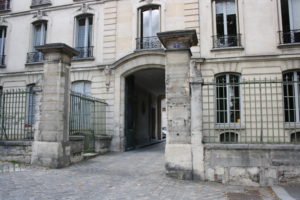 To Nancy Saunders Toy
To Nancy Saunders Toy
Hôtel des Réservoirs
Versailles, France. July 27, 1932
You have no idea with what reluctance I tore myself from my Roman diggings and undertook what now seems a great and troublesome adventure: for I don’t know if I have told you that I am to go to England as well as Holland, and to read a paper on Locke before the (Bloomsbury) Royal Society of Literature. It is not only my elderly self that is changed: the good train from Rome to Paris has been taken off; the rapide that remains is as quick or quicker, being now largely electric, but the carriages are inferior, the dining-car occasional only, and altogether there is a feeling everywhere that the good old capitalistic days are over, and that the world is going native, that is, common. However, my trip so far has been easy and simple enough. Poor Strong had gone to stay with his daughter, who has just returned from America, for the summer, to her house at Saint Germain: but after a week he found the arrangement impossible and went home to Fiesole. When I arrived in Paris, he was gone. It had more than once occurred to me, in previous years, that Versailles would be a good place to live and work in Summer: and here was I with a free field, two lectures to prepare, and two months to spend somewhere before going to The Hague. So I looked up rooms in the swagger Trianon Palace Hotel: not very attractive; too “first class” for a person who feels old, shabby, and ugly. So I took rooms at this Hôtel des Réservoirs, which matches such a battered personage perfectly. It was once an excellent hotel, and retains a certain air of faded gentility: reminds you of the Paris Opera House and the ballets of the Second Empire. I have been alone, or almost alone, in the place, but for the Sunday trippers and an occasional old-fashioned party for lunch; but I am comfortable, have done good work, and am training by walking vigorously in the magnificent park, to which this hotel has a private gate.
From The Letters of George Santayana: Book Four, 1928-1932. Cambridge, MA: The MIT Press, 2003.
Location of manuscript: The Houghton Library, Harvard University, Cambridge MA

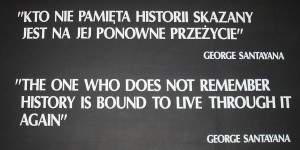 To Constable and Co. Ltd.
To Constable and Co. Ltd.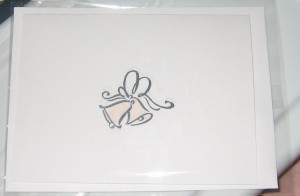 To Daniel MacGhie Cory
To Daniel MacGhie Cory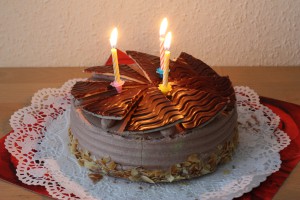 To Cyril Coniston Clemens
To Cyril Coniston Clemens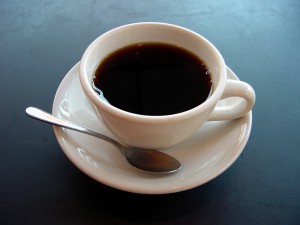 To Daniel MacGhie Cory
To Daniel MacGhie Cory